Typhoon Fung-Wong, locally known as Uwan, made landfall on Sunday evening, bringing destructive winds and heavy rainfall to the Philippines. The weather system prompted warnings for life-threatening storm surges across much of the country, with sustained winds of 115mph (185kmh) and gusts of about 140mph recorded on Sunday by the national meteorological agency.
According to reports, by the time Fung-Wong moves past the Philippines early this week, more than 200mm of rainfall is expected to have fallen on Luzon, the country's most populous island. The arrival of Typhoon Fung-Wong has forced authorities to suspend rescue operations for more than 100 missing people, following the devastating impact of Typhoon Kalmaegi, which struck less than a week ago and left at least 224 people dead in the Philippines.
"We are doing everything we can to assist those affected by the typhoon," said a spokesperson for the Philippine Red Cross. "The situation is dire, and we urge everyone to follow evacuation orders and stay safe." The organization has deployed teams to provide aid and support to affected communities.
Typhoon Fung-Wong is the second major storm to hit the Philippines in a week, highlighting the country's vulnerability to extreme weather events. The Philippines is located in the Pacific Ring of Fire, making it prone to natural disasters such as typhoons, earthquakes, and volcanic eruptions.
The Philippines is also one of the countries most affected by climate change, with rising sea levels and increased frequency of extreme weather events posing significant challenges to the country's development. According to a report by the United Nations, the Philippines is one of the top three countries most vulnerable to climate change, along with Bangladesh and Vietnam.
As the Philippines struggles to recover from the impact of Typhoon Fung-Wong, the international community is offering support and assistance. The United Nations has pledged $100,000 in emergency funding to support relief efforts, while the European Union has offered a further $200,000 in aid.
The situation in the Philippines is expected to remain critical in the coming days, with Fung-Wong expected to move northwards towards China. The Chinese government has issued a warning for the southern province of Guangdong, where heavy rainfall and strong winds are expected to hit.
In a separate development, a cold spell in Florida has prompted fears of falling iguanas, as the reptiles become disoriented and drop from trees in the freezing temperatures. While the situation in Florida is not directly related to the typhoon in the Philippines, it highlights the global impact of extreme weather events and the need for international cooperation and support.



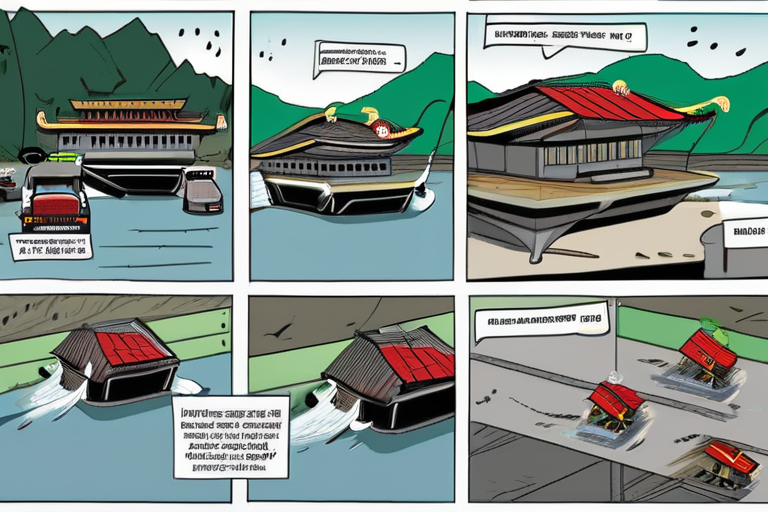


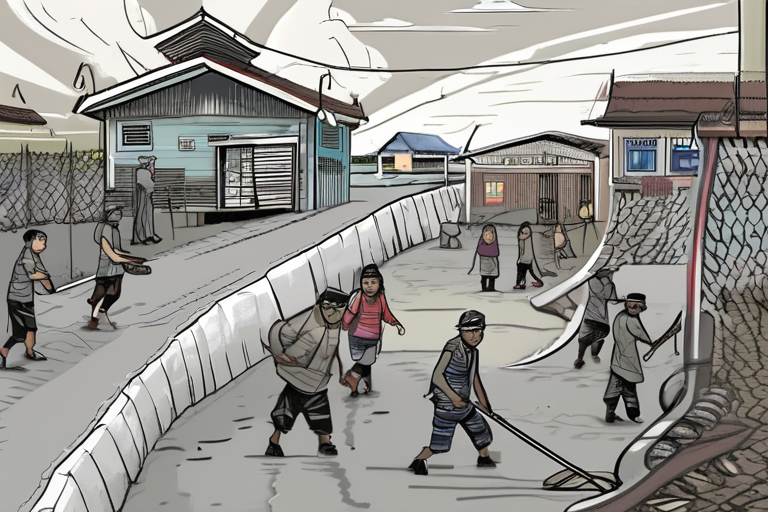


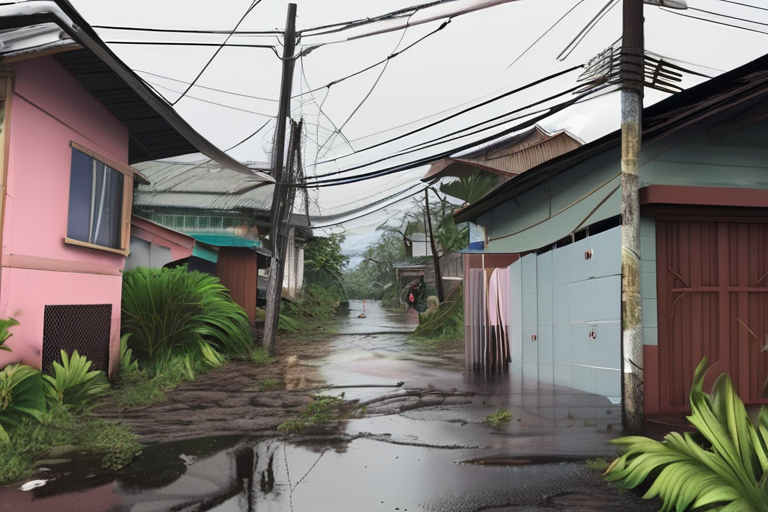
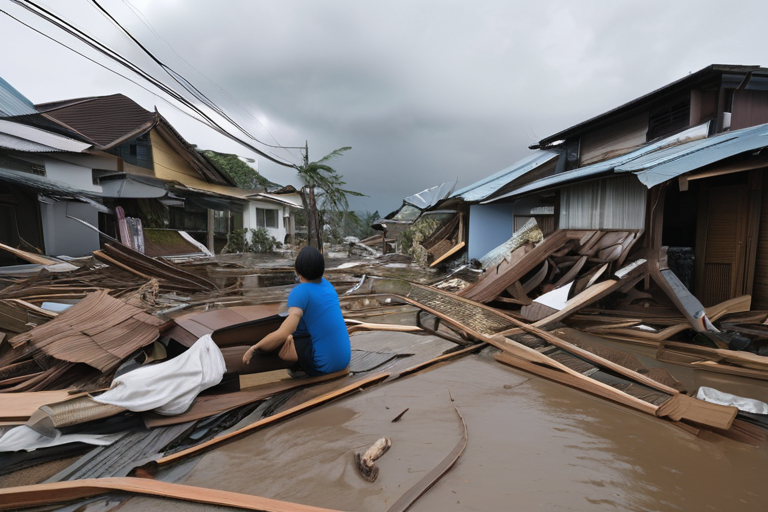











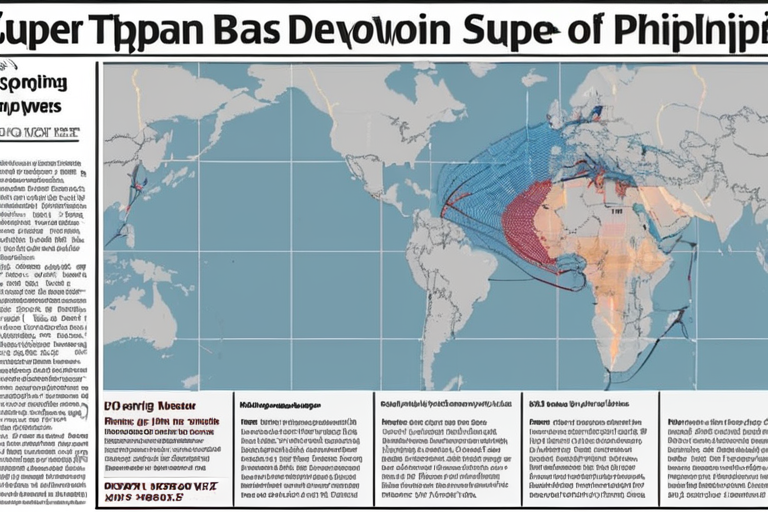


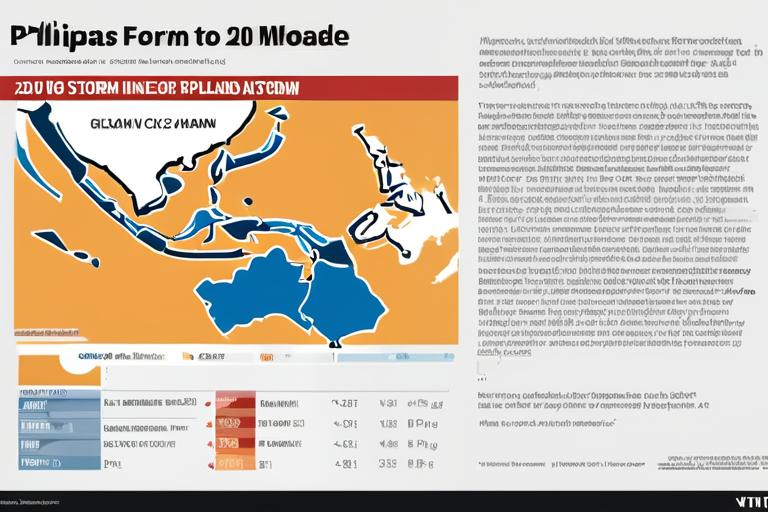

Share & Engage Share
Share this article